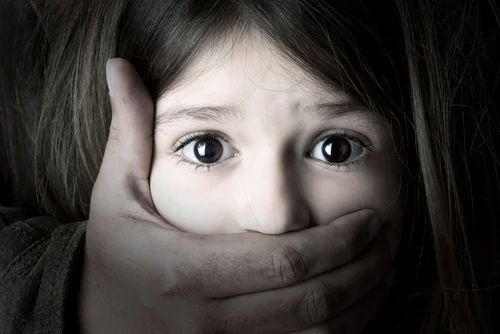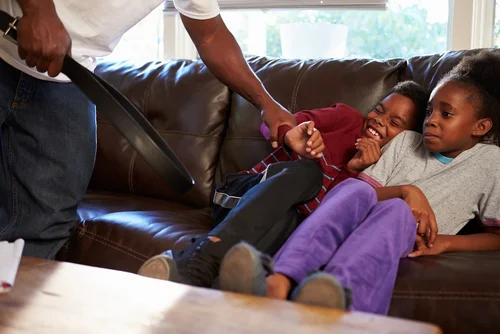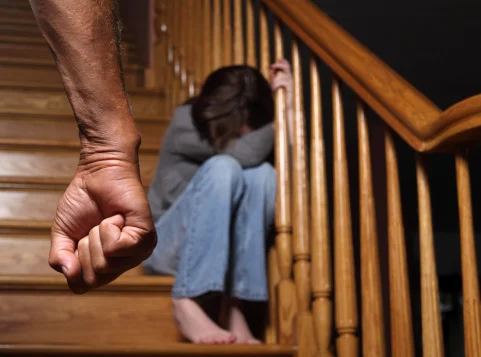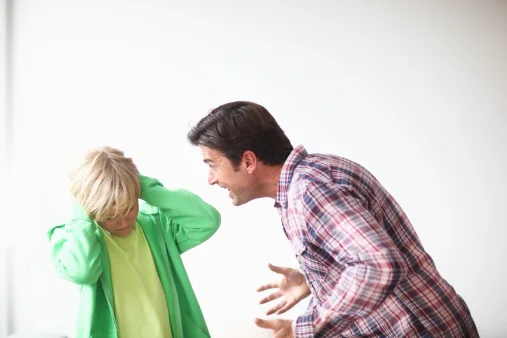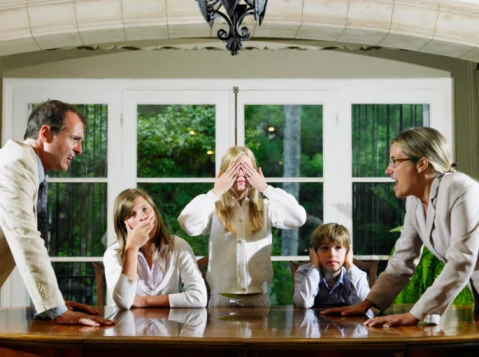+1 845 259 2974 (11 a.m to 7 p.m CST)
Public Shaming at Utah Elementary School: Shame has lasting effects
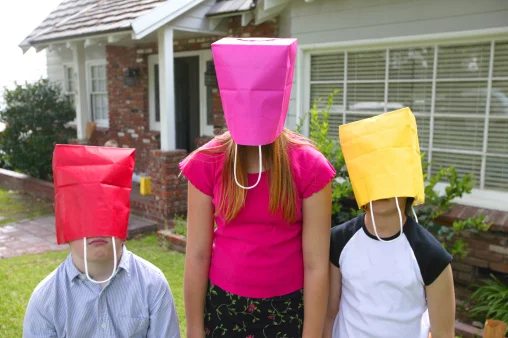
In late January, the story of the Utah Elementary School made headlines. 40 kids had their lunches snatched away from them because they had run out of lunch money. Sparks fly whenever people comment on this issue. State Senator called the public humiliation of kids ‘bullying’ and demanded the suspension of the cafeteria manager. Most of parents of the kids who have been so ruthlessly humiliated in public are not interested in raging about whether the school authorities were on the right or not about this disciplinary tactic. They care about the feelings that shame and humiliation bring along with it.
Shame or humiliation is one of the most disturbing feelings children can have about themselves. There is no other emotion that makes a child feel so wounded inside.
What does it feel like to be humiliated in public?
Adults sometimes use this as one of the ways to discipline a child to limit some unwanted behavior. Shaming involves the use of verbal comments, both direct and indirect, about what a child is. When you humiliate a child, you create them a negative feeling about themselves instead of the impact of the behavior for which they are being punished.
Public humiliation and a child’s self-expression
Humiliation crushes a child’s self-expression. They can’t find an escape from the negative image of themselves that has been built by their tormentors. They believe in the judgment passed by the adults. The start hiding their feelings and their exuberance in an attempt top to escape from their negative image.
Humiliation may solve the initial problem but its long-term impacts on the victim’s personality are more damaging than most people can even imagine. Research has shown that people who have been consistently humiliated in their childhood grow up to be more anxious, depressed and less confident.
Adults who have been shamed as kids
Children who have been humiliated tend to carry their effects all their life. They are afraid of vulnerability and rarely expose their real self. They don’t think they make mistakes but are sure they are mistakes themselves. They fear intimacy in relationships and are afraid of commitment. They always have one foot out of the door ready to run. Many don’t have a goal and they do not strive for anything because they think that no matter what they do, or they are going to do, is not going to change anything for the better. They feel worthless and unloved. They constantly apologize before anyone else can blame them. They even tend to take the blame for something that others have done.

